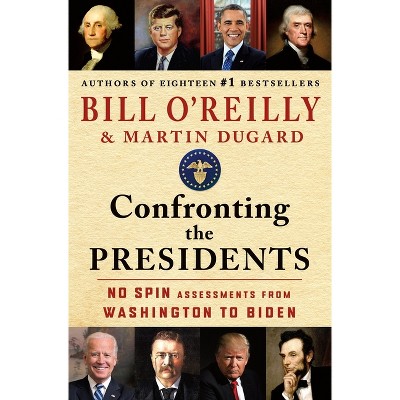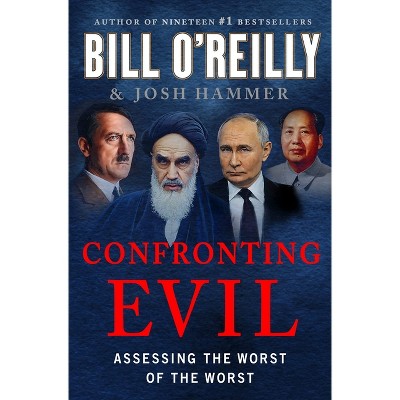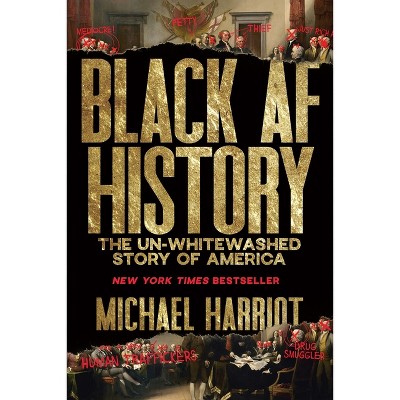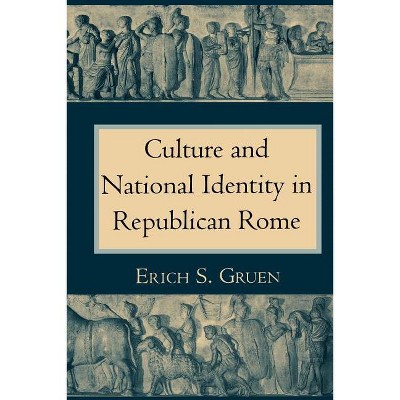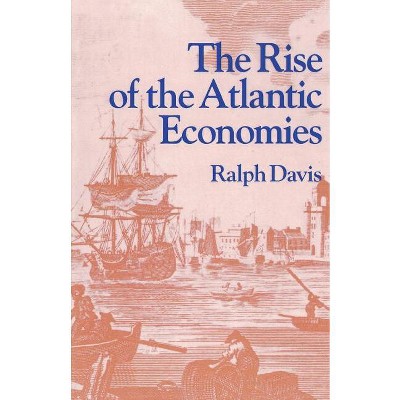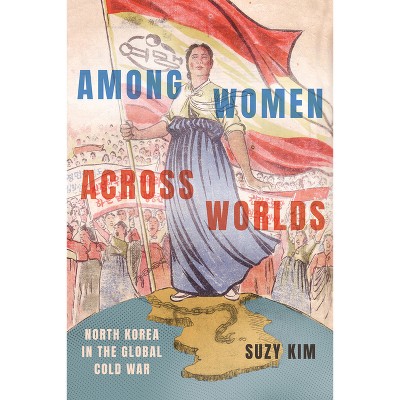Purchasing Identity in the Atlantic World - by Phyllis Whitman Hunter (Hardcover)

About this item
Highlights
- Americans have always had a love-hate relationship with possessions.
- About the Author: Phyllis Whitman Hunter is Assistant Professor of History at the University of North Carolina at Greensboro.
- 240 Pages
- History, United States
Description
About the Book
Americans have always had a love-hate relationship with possessions. Early Americans suspected luxuries as a corrupting force that would lead to an aristocracy. In Purchasing Identity in the Atlantic World, Phyllis Whitman Hunter demonstrates how...
Book Synopsis
Americans have always had a love-hate relationship with possessions. Early Americans suspected luxuries as a corrupting force that would lead to an aristocracy. In Purchasing Identity in the Atlantic World, Phyllis Whitman Hunter demonstrates how elite Americans not only became infatuated with their belongings, but also avidly pursued consumption to shape their world and proclaim their success. In eighteenth-century New England harbor towns, the commercial gentry led their communities into full participation in a flourishing Anglo-American consumer culture. Affluent traders constructed roads, wharves, and warehouses, built mansions and assembly buildings, adopted new forms of sociability, and fostered the rise of the public sphere. Using case studies of influential merchant families, Hunter brings alive the process by which Boston and Salem evolved from Puritan towns dominated by families of English origin to Georgian provincial cities open to a diversity of religious affiliations and European ethnicities. Hunter then explores how revolutionary politics overturned polite society and transformed the meanings of possessions. Patriots threw tea to the fish in Boston Harbor, donned homespun at Harvard commencements, and transformed a silver punch bowl into an icon of liberty. The wealthy either espoused republican values and muted their material displays or fled to exile. Purchasing Identity in the Atlantic World, reveals a critical link in the complex relationship between capitalism and culture: the process by which material goods become symbols of profound social and cultural significance.
Review Quotes
Hunter's fine study examines the cultural transformation of Boston and Salem, Massachusetts, from Puritan communities into diverse Georgian cities that were linked to the Atlantic world.
-- "Choice"The core of this book is an imaginative and insightful use of secondary sources, individual biography, and material culture to reveal the processes of the anglicization of eighteenth-century consumer culture.
--Jonathan M. Chu, University of Massachusetts-Boston, "Business History"The strength of Hunter's analysis lies in her emphasis on patterns of consumption, rather than production, as well as in her dependence on detailed case studies to illustrate each shift in this budding American consumerism.... Her analysis makes a significant contribution to the study of early American economic culture.
-- "Virginia Quarterly Review"About the Author
Phyllis Whitman Hunter is Assistant Professor of History at the University of North Carolina at Greensboro.
Shipping details
Return details
Trending History
